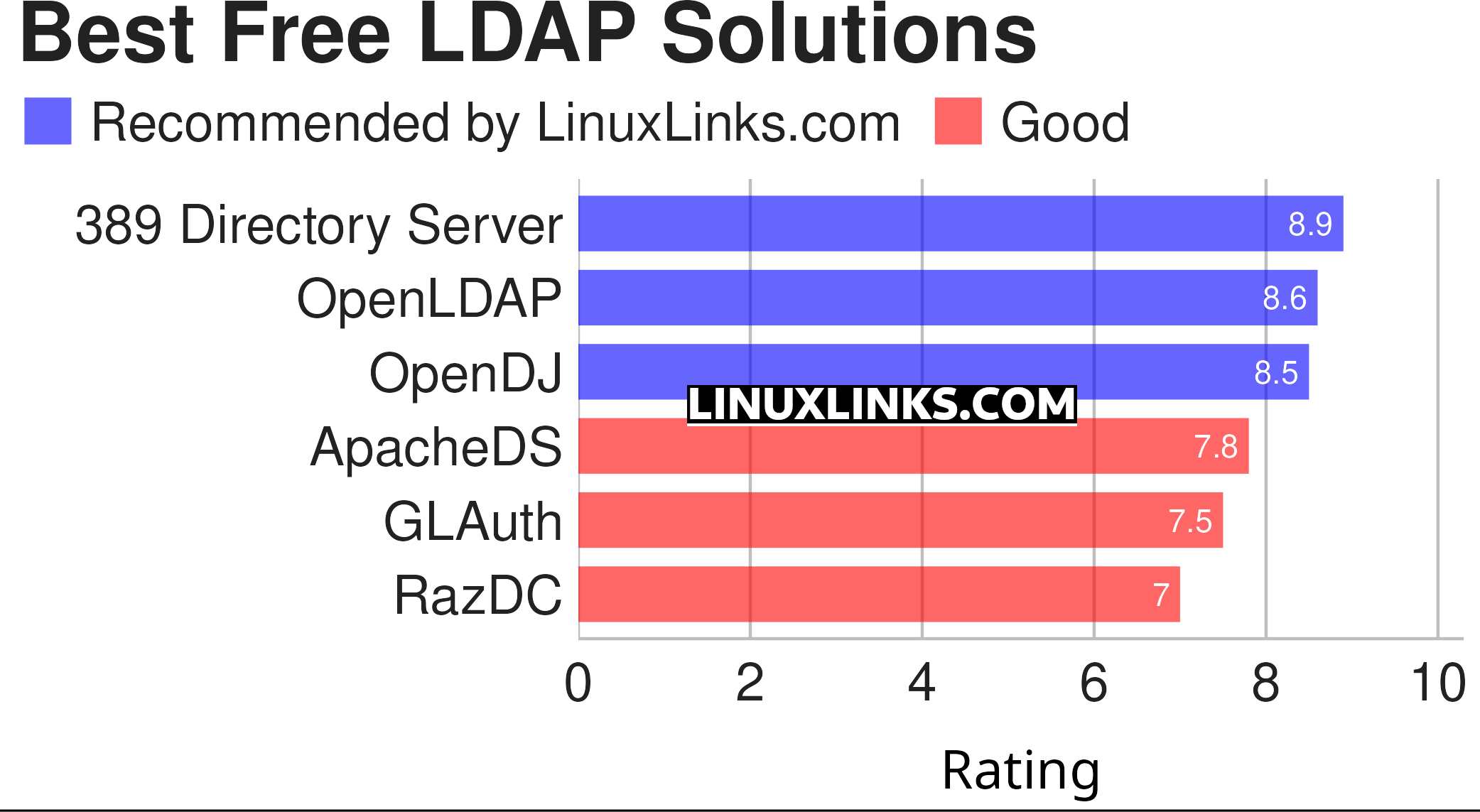LDAP (Lightweight Directory Access Protocol) is an application protocol for accessing directory services. It runs on a layer above the TCP/IP stack incorporating simplified encoding methods, and offers a convenient way to connect to, search, and modify Internet directories, specifically X.500-based directory services. It is an open, vendor-neutral, industry standard application protocol. LDAP utilizes a client-server model.
This protocol is specifically targeted at management applications and browser applications that provide read/write interactive access to directories.
The main benefit of using an LDAP server is that information for an entire organization can be consolidated into a central repository. LDAP supports Secure Sockets Layer (SSL) and Transport Layer Security (TLS), so that sensitive data can be protected. LDAP servers are used for a variety of tasks including, but not limited to, user authentication, machine authentication, user/system groups, asset tracking, organization representation, and application configuration stores.
The chart below offers our recommendations. Only free and open source software is eligible for inclusion.

Let’s explore the 6 LDAP solutions at hand. The table below has links to each LDAP offering a full description with detailed feature lists, together with links to relevant resources.
| LDAP Solutions | |
|---|---|
| 389 Directory Server | Enterprise-class Open Source LDAP server |
| OpenLDAP | LDAP suite of applications and development tools |
| OpenDJ | Cloud Directory for the API Economy |
| ApacheDS | LDAP and Kerberos server written in Java |
| GLAuth | Easy-to-use, LDAP server with configurable backends |
| RazDC | Active Directory domain controller built on Rocky Linux and Samba4 |
 Read our complete collection of recommended free and open source software. Our curated compilation covers all categories of software. Read our complete collection of recommended free and open source software. Our curated compilation covers all categories of software. Spotted a useful open source Linux program not covered on our site? Please let us know by completing this form. The software collection forms part of our series of informative articles for Linux enthusiasts. There are hundreds of in-depth reviews, open source alternatives to proprietary software from large corporations like Google, Microsoft, Apple, Adobe, IBM, Cisco, Oracle, and Autodesk. There are also fun things to try, hardware, free programming books and tutorials, and much more. |